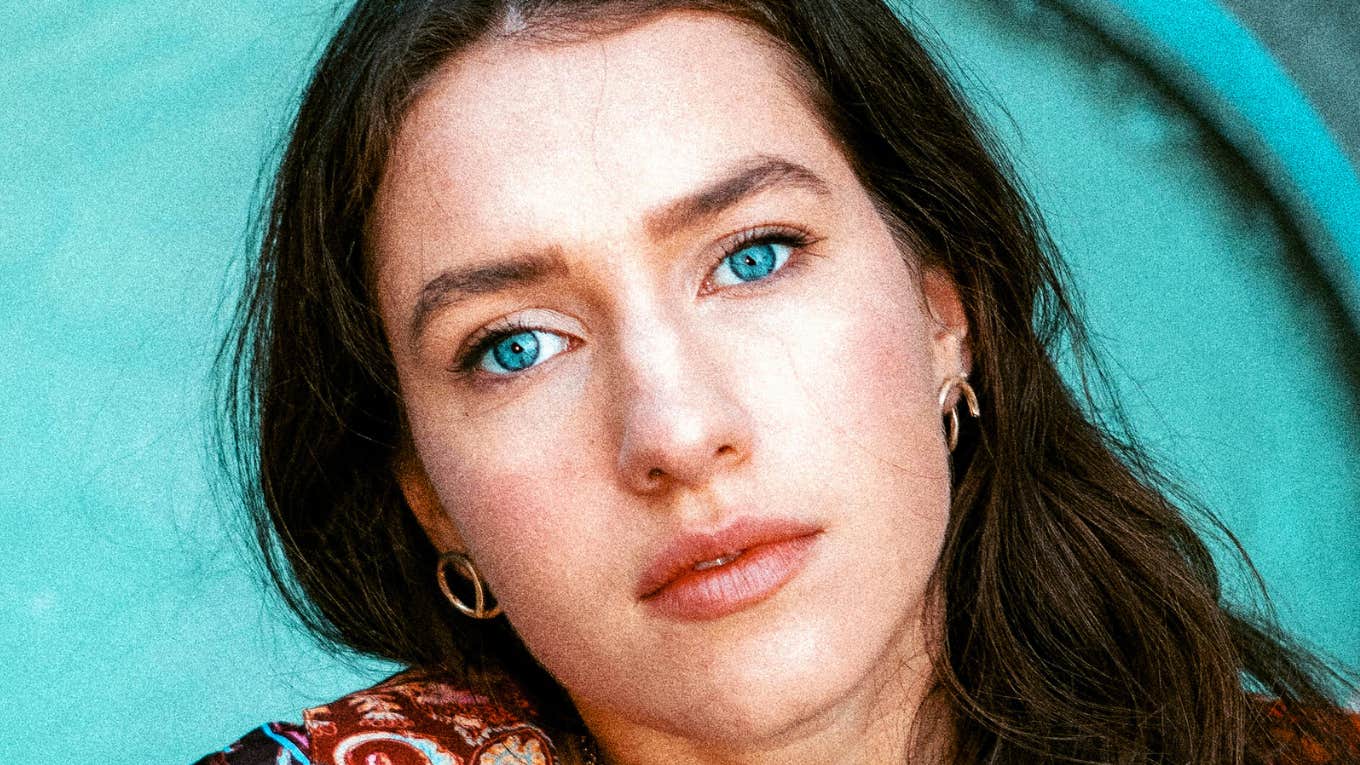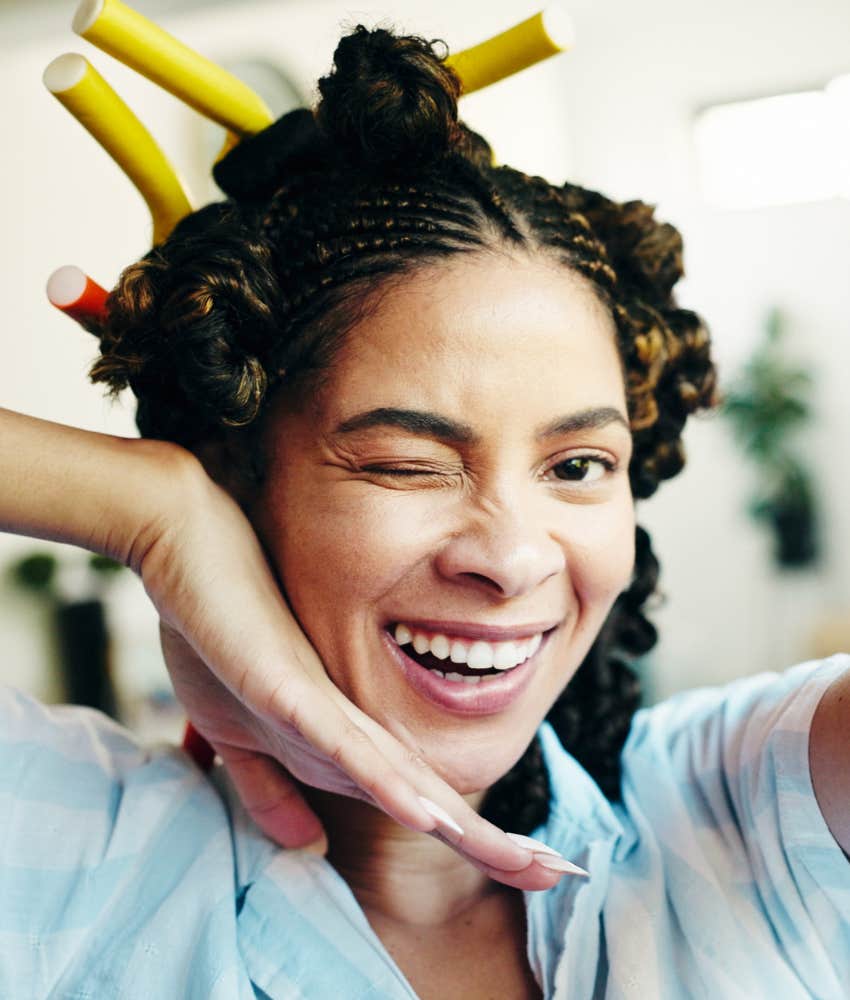The Strange Psychology Behind Why We Love People We Don't Necessarily Like
You can love without liking, but it is unlikely to like without love.
 Lany-Jade Mondou | Pexels
Lany-Jade Mondou | Pexels “I love my boyfriend, but sometimes I don’t like him very much,” said a friend who shall remain anonymous. And I am sure you have also noticed there are people in your life you love deeply, but you don’t like very much?
Or maybe the opposite, you know people who you really like but can’t seem to fall for or care about as much as you want to? It could be your parent, sibling, friend, lover, or even your ex.
The strange psychology behind why we love people we don't necessarily like
 PeopleImages.com - Yuri A via Shutterstock
PeopleImages.com - Yuri A via Shutterstock
Although love and like often go hand in hand, they’re different experiences that have been explored in psychological research for decades.
Generally speaking, love is a drive — it’s our capacity to feel for, desire, and connect with another person that, evolutionarily, helps our species survive. It’s that deep feeling of enjoyment, emotion, and affection for another person that emerges, in part, because of our very human need for connection. On one hand, it’s a reflection of the profound internal experience of care we feel in response to another person.
On the other hand, love is an appreciation for another person based on who they are and the attributes they possess. As described by social psychologist Zick Rubin in his efforts to explore romantic love in the 1970s, liking someone is what you would describe about someone that you enjoy, appreciate, and value. Liking someone requires that you see them as separate from you and evaluate them in an appealing way. It’s an enjoyment of them because of who they are and the things you appreciate about them.
So, while love and like often go hand in hand — the more you like someone, the more likely you are to feel love for them — that’s not always the case.
You’ve probably met people that you would say you love but don’t like. Even with your dearest friends and family members, it’s likely you could tell me many things you don’t like about them, even though you love them deeply.
We can't forget that love is intertwined with the body's dopamine reward system, as discussed by Harvard Medical. "While the presence of love yields biochemical changes with decidedly beneficial effects, its crushing loss can likewise have its potent repercussions. One striking, if extreme, example of the physiologic dangers of intense emotional pain is broken heart syndrome." Avoiding this pain can lead to a relationship of love without liking.
You also may have exes or unhealthy relationships with people you wish you didn’t love because you don’t like them or want to feel emotionally connected to them. Yet, the love remains. With romantic partners, it’s also common to feel a deep liking for someone who’d rationally be perfect for you, but you can’t seem to fall for them.
 LightField Studios via Shutterstock
LightField Studios via Shutterstock
Loving someone is more a reflection of how you feel internally about a person, whereas liking them is an appreciation for who they are.
In this way, you can love someone you don’t like, or like someone you don’t love. The goal for most of us is to surround ourselves with people we both like and feel profound love for.
Ultimately, we are driven to connect, attach, and develop meaningful connections. When you both love and like someone, it’s the makings of a wonderful relationship.
Dr. Cortney Warren is a Board Certified Clinical Psychologist and expert on eating disorders, self-deception, and the practice of psychotherapy from a cross-cultural perspective.

